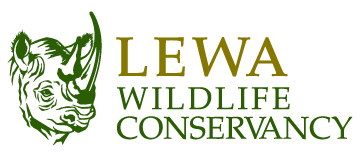“Nguzo moja haijengi nyumba” is a Swahili proverb that means “One pillar does not build a house.” This proverb is often used to emphasize the importance of teamwork and collaboration to achieve a common goal.
In many cultures, building a house is seen as a complex and demanding process that requires the involvement of many people with different skills and expertise. In this context, “nguzo moja” or “one pillar” refers to the idea that no single person or effort is sufficient to complete the task of building a house. Rather, it takes the collective effort and collaboration of many people working together towards a common goal.
Overall, this proverb highlights the importance of teamwork, collaboration, and community building in achieving success and overcoming challenges in various aspects of life, from building a house to achieving sustainable development goals. It takes a collective effort to protect and conserve our natural world, and partnerships are essential for achieving this.

It takes a collective effort to protect and conserve our natural world (Martin Buzora)
This World Wildlife Day, we recognize and honor all of our conservation partners who work tirelessly to safeguard and maintain our planet’s valuable species and ecosystems. It is through our collective efforts and partnerships that we can ensure a sustainable future for all.
About World Wildlife Day
World Wildlife Day serves as an important reminder of the urgent need to protect and conserve the world’s wildlife and their habitats. It provides an opportunity to raise awareness about the importance of wildlife conservation and the need to take action to preserve biodiversity.

Let’s continue to work together to protect our planet’s precious biodiversity. (Martin Buzora)
The Convention on International Trade in Endangered Species of Wild Fauna and Flora (CITES) is one of the most significant international agreements related to wildlife conservation. It aims to ensure that international trade in wild animals and plants does not threaten their survival. CITES was signed on March 3, 1973, in Washington, D.C., and entered into force on July 1, 1975. Since then, it has been ratified by over 180 countries and is widely recognized as one of the most effective tools for conserving biodiversity.
World Wildlife Day is a chance to highlight the importance of CITES and other international agreements that support wildlife conservation efforts. It also provides an opportunity to celebrate the incredible diversity of life on our planet and the vital role that wildlife plays in maintaining healthy ecosystems.







